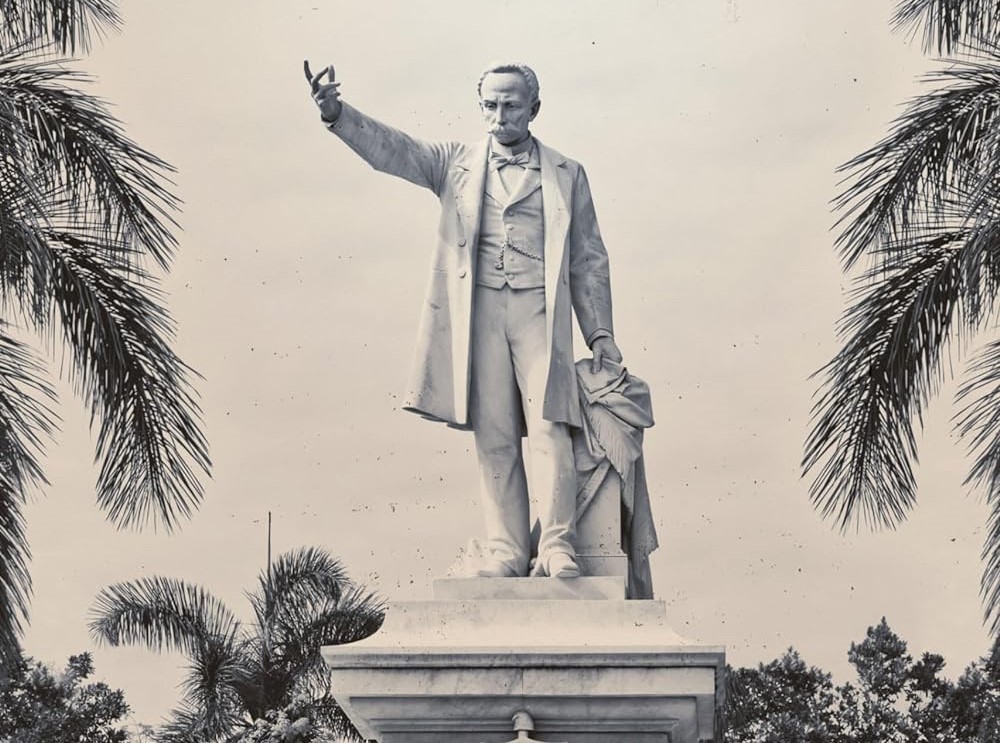Cuba's national hero and symbol: Who is Jose Marti?
He was a politician, a revolutionary, a poet, a journalist, a literature professor, and an ambassador. His experiences and the education he received helped him to be successful in every field. Marti was born in Cuba in 1853. Cuba was then a colony of Spain.

Jose Marti's father was Spanish and his mother was from the Canary Islands.
Jose Marti entered politics when he was very young and began conflicting with the Spanish administration. At the age of 17, he was held captive in hard labor camps for 6 years and then deported to Spain.
José Julián Martí Pérez (January 28, 1853 – May 19, 1895) was a Cuban nationalist, poet, philosopher, essayist, journalist, translator, professor, and publisher, who is considered a Cuban national hero because of his role in the liberation of his country from Spain. He was also an important figure in Latin American literature. He was very politically active and is considered an important philosopher and political theorist.
He spent most of his life in exile. While in Spain, he graduated from the Departments of Law and Philosophy. He then went to Mexico City and met with his family. His literary life began there.
He married in 1878 and had a son and a daughter. He wrote poems, books, and newspaper articles for years. At the same time, he continued his political actions. This way of life is the source of the richness of his teachings. He always got into trouble because of his political activity and could not stay in any country for a long time.
He opposed Cuba's annexation to the United States. He founded the Kuba Freedom Party in 1892. He fought for the unity of South America against US imperialism. In 1895, he landed in Cuba for Cuba's freedom. He was 42 years old when he was shot by Spanish soldiers in one of the first battles of the failed rebellion.
Through his writings and political activity, he became a symbol of Cuba's bid for independence from the Spanish Empire in the 19th century, and is referred to as the "Apostle of Cuban Independence". From adolescence on, he dedicated his life to the promotion of liberty, political independence for Cuba, and intellectual independence for all Spanish Americans; his death was used as a cry for Cuban independence from Spain by both the Cuban revolutionaries and those Cubans previously reluctant to start a revolt.
Jose Marti devoted his life to fighting to end the Spanish colonial rule in Cuba and to prevent Cuba from falling under the sovereignty of other countries, including the United States. His entire teaching is based on warning governments that do not respect individual freedoms and only seek to increase their wealth. In his works, he condemned all despotic regimes and practices against human rights. His writings are a guide to democratic development.
